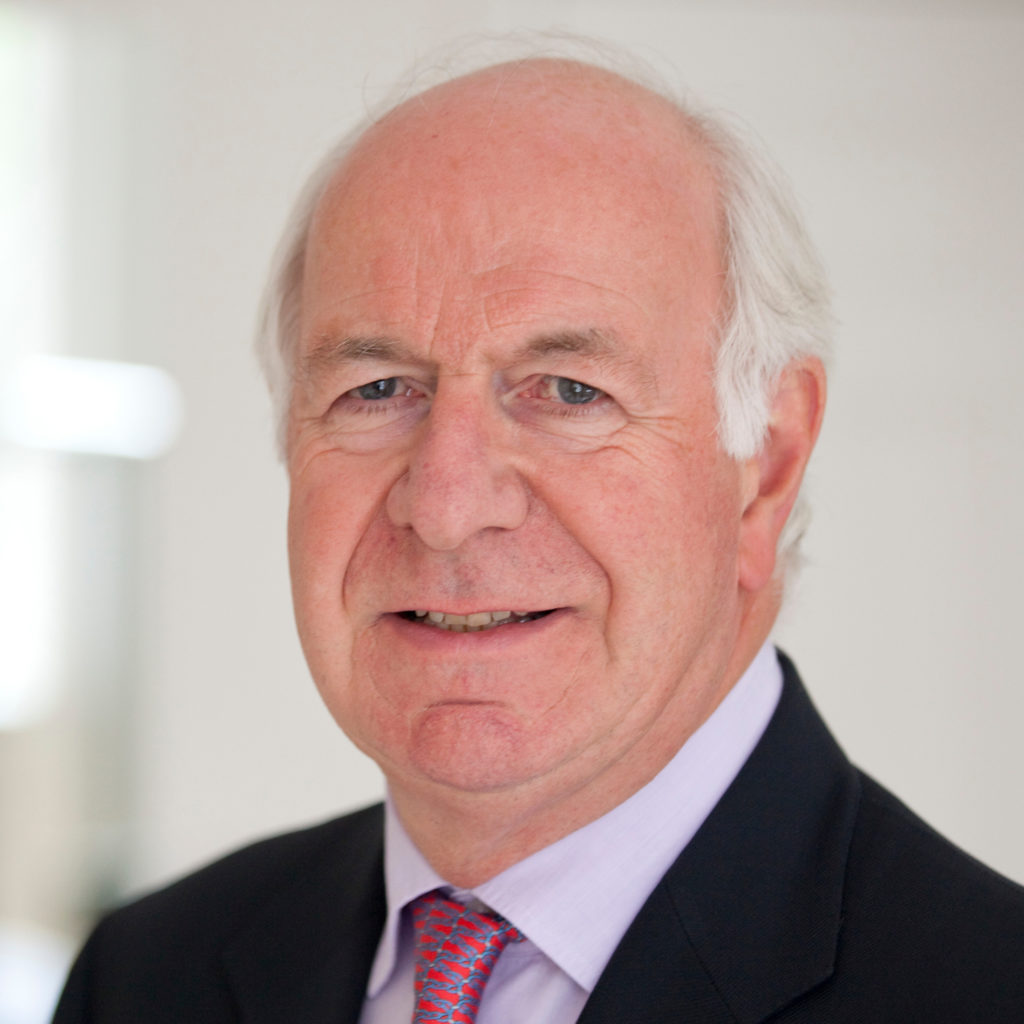medwireNews: Multifocal disease (MFD) does not predict a poor outcome in children and adolescents with papillary thyroid cancer (PTC), suggest study findings from the Memorial Sloan Kettering Cancer Center in New York, USA.
“The lack of effect of multifocality on long-term outcome echoes findings in adult PTC and suggests MFD does not justify completion thyroidectomy in patients treated with thyroid lobectomy”, write Ian Ganly and co-authors in The Journal of Clinical Endocrinology & Metabolism.
Their review of patients who underwent PTC surgery between 1986 and 2021 showed that 45% of 283 patients aged 21 years or younger were diagnosed with MFD compared with 54% of 5564 adult patients, a significant difference.
The researchers say that their findings support those of earlier studies and “show clearly that MFD is less common in childhood and adolescent PTC.”
Children and adolescents had a significantly larger tumour size at presentation than adults and were significantly more likely to present with positive pretracheal, paratracheal and prelaryngeal or superior mediastinal lymph nodes (N1a, 28.0 vs 18.0%), positive cervical or retropharyngeal lymph nodes (N1b, 34.0 vs 13.0%), or distant metastases (4.7 vs 1.1%).
Younger patients were also significantly more likely than adults to have lymphovascular invasion (26.0 vs 12.0%) and positive margins (18.0 vs 9.5%) and significantly less likely to have complete tumour encapsulation (21.0 vs 32.0%), but the two cohorts had comparable rates of microscopic extrathyroidal extension (35.0 vs 29.0%).
Among the paediatric population, after a median 68 months of follow-up, multivariate analysis showed that the likelihood of recurrence-free survival was not predicted by multifocality versus unifocal disease (UFD) or other factors such as stage or positive margin status.
Further analysis was conducted on a subgroup of 66 children and adolescents who underwent thyroid lobectomy and did not need completion thyroidectomy within a year of initial surgery.
The 24% of children and adolescents in this group with MFD did not significantly differ from their UFD counterparts in terms of age, sex and disease stage, and all were free from metastasis, although patients with MFD were more likely to have high-risk N1b disease than those without.
The researchers highlight that four children with MFD and N1b disease who underwent lobectomy between 1986 and 1993 would now, by current institution guidelines, have instead received complete thyroidectomy, but none of these patients experienced contralateral lobe PTC.
After a median 41 months of follow-up of the lobectomy subgroup, contralateral lobe carcinoma was identified in one patient with MFD at 49 months and one patient with UFD at 20 months. There was no significant difference in the 10-year rates of contralateral lobe PTC-free probability between the MFD and UFD groups (87.5 vs 97.0%).
Moreover, there were no cases of distance recurrence in lobectomy patients with MFD or UFD, and no difference in the 10-year rates of recurrence-free survival in these groups (76.2 vs 97.0%). There were no disease-specific deaths and the 10-year overall survival rate was 100% in both cohorts.
Describing the long-term outcomes of PTC in young people as “excellent”, the researchers emphasize: “The risk of complications and lack of clear oncological benefit in patients with low-risk childhood and adolescent PTC suggest any recommendation for total thyroidectomy should be supported by other adverse patient and tumor characteristics.
“The lack of clear oncologic benefit of total thyroidectomy is likely to be 1 of the factors underlying the findings of a National Cancer Database review of 4776 pediatric patients with differentiated thyroid cancer that showed hemithyroidectomy utilization has increased significantly since 2015.”
By Lynda Williams
medwireNews is an independent medical news service provided by Springer Healthcare Ltd. © 2023 Springer Healthcare Ltd, part of the Springer Nature Group

